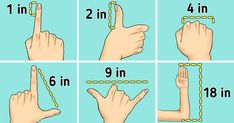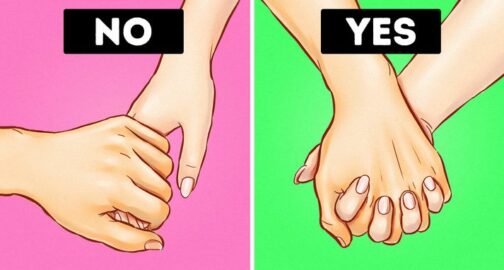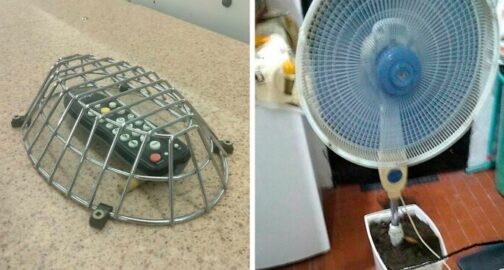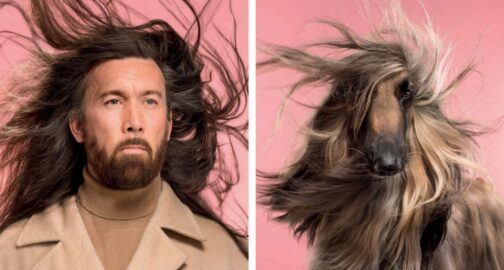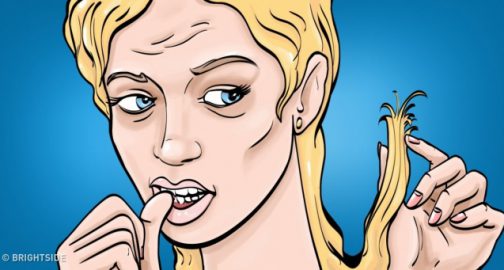
The human body is a really complex thing. It contains 60 chemical elements and a perfect proportion of water, protein, fat, and minerals. All of these are crucial for our health and sometimes, when we lack something, our body gives us signals so that we can fix these things.
Bright Side found some symptoms of the most common nutritional deficiencies. Look through all of them to check and see if you have any.
1. Brittle hair and nails

This may be caused by a protein deficiency. Protein is a large part of our body. Our bones, muscles, skin, hair, and nails all contain protein. That’s why a protein deficiency influences our whole body and can cause very serious health problems. The first symptoms that we may notice are various problems with nails, hair, and skin.
People who eat meat regularly have very little chance of facing these problems. And remember, there are a lot of vegetarian sources of protein, like: beans, nuts, green peas, quinoa, chickpeas, mushrooms, tofu, oats, and other things.
2. Dry skin and wrinkles
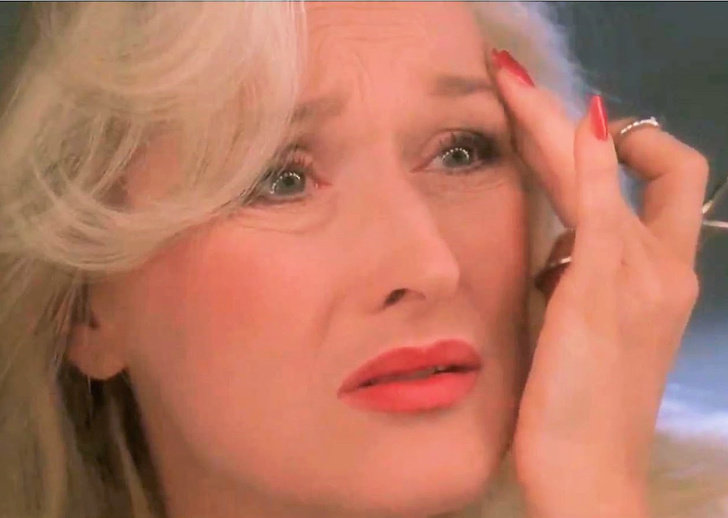
Essential fatty acids, especially Omega-6, are very important because they create a skin barrier against water loss. If you don’t get enough of them, it can lead to extra dry skin which is prone to wrinkles. Your skin may also become flakey, itchy, or cracked. Other unpleasant symptoms are dandruff, hair loss, and dry eyes. Those who are on diets and reduce the intake of fats are at risk.
Don’t avoid fatty fish and use high-quality oil if you have any of these problems.
3. Constant fatigue and muscle weakness
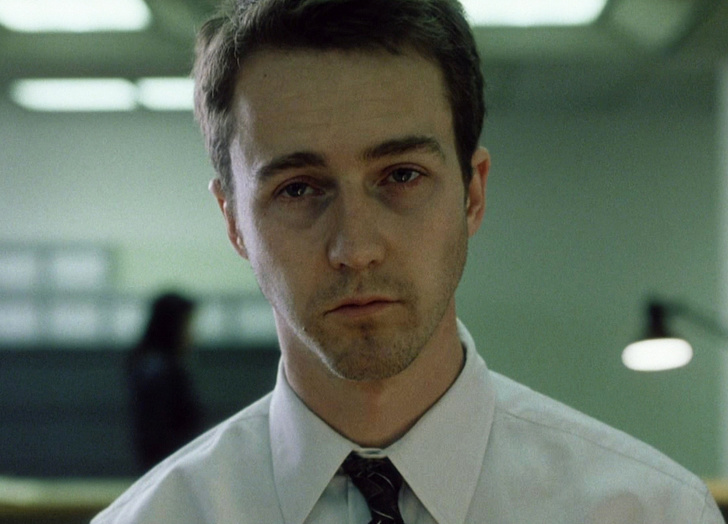
These are symptoms of a magnesium deficiency. If you feel exhausted even after you’ve just woken up and you are constantly tired and weak, this is a sign that you need include some magnesium-rich foods in your everyday diet.
The best sources of magnesium are: almonds, peanuts, pumpkin seeds, flaxseeds, sunflower seeds, chia seeds, cashew nuts, and cacao.
4. Paleness

If your skin looks pale, this may be a sign of an iron deficiency that lowers the level of hemoglobin in your red blood cells. So, blood loses some of its color and it makes our skin and sometimes our gums, nails, and the inside of our lips and eyelids lose their natural, healthy color too. People at risk are: pregnant women, those who donate blood regularly, people with a poor diet, and vegetarians.
Liver and red meat are very rich in iron and if you don’t eat them, you should consume more spinach, lentils, and broccoli, and take iron supplements.
5. Acne or skin rash
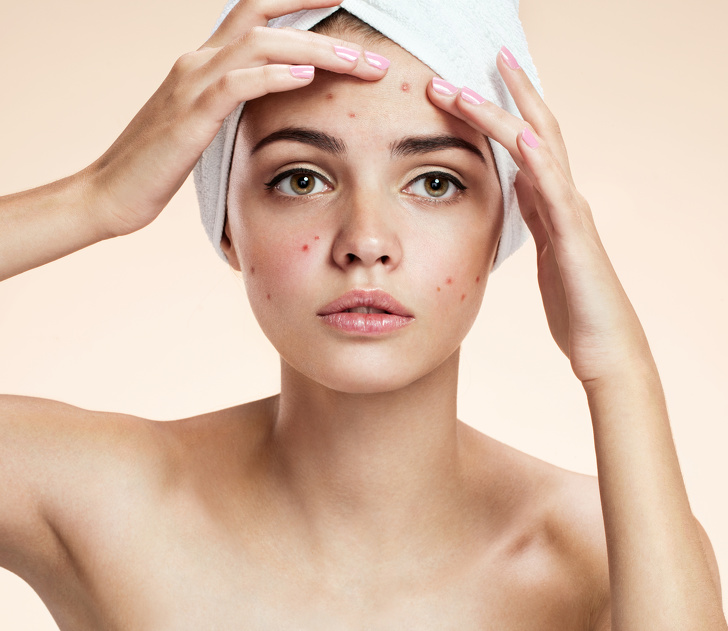
If you’re a big fan of processed foods or alcohol, one day you may experience a lack of zinc in your body. Zinc deficiency influences the whole body and causes problems with your intestines and with your immune system. As a result, this may lead to allergies and negatively affect the condition of your skin.
Foods rich in zinc are: oysters, beef, lamb, chicken, beans, chickpeas, pumpkin seeds, cashews, mushrooms, and spinach. If you don’t get enough zinc in your diet, you should take special supplements.
6. Sudden weight gain
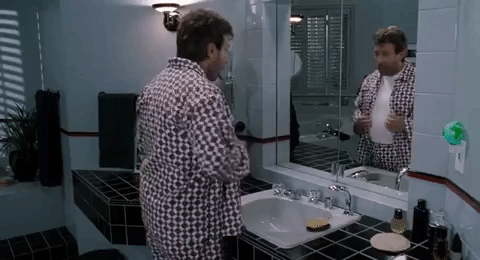
If you can’t explain your unexpected weight gain, you probably have an iodine deficiency. Iodine is responsible for producing thyroid hormones that help to control your metabolism and when their level is low, your body burns less calories and starts storing fat.
There are not many sources in food, but there is a lot of iodine in seaweed, fish (from the sea or ocean), shellfish, dairy products, and iodized salt.
7. Bleeding gums or wounds that heal slowly
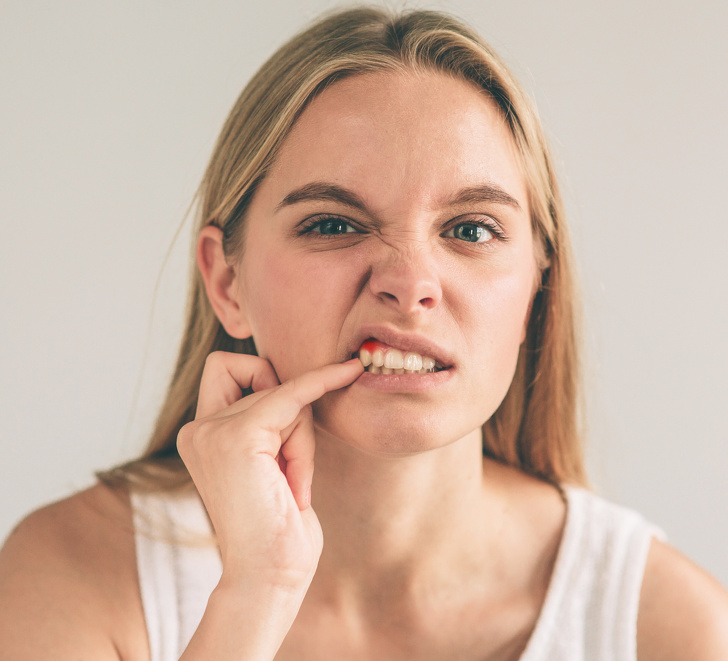
If you have this problem, you probably have a vitamin C deficiency. It’s not very common nowadays, but there are groups of people who are at risk, like pregnant and breastfeeding women, older people, and smokers.
It’s not hard to get enough vitamin C if you have a healthy and balanced diet and eat fresh fruits and vegetables. One large orange or half of a bell pepper gives you a daily dose of it.
8. Depression

If you feel depressed, especially during the winter months, it may be a sign of vitamin D deficiency. It’s very common and mostly affects those people who don’t get enough sunlight because they live far from the equator or stay indoors all the time. Having dark skin and being overweight make it even more risky.
If you don’t have an opportunity to get more sun, take vitamin supplements and eat foods rich in vitamin D, like: salmon, cod liver, herring, sardines, shrimp, egg yolks, tuna, oysters, and mushrooms.
Making a diagnosis may be much more complicated. One symptom can indicate different problems, a few different deficiencies may come together, or one deficiency may cause another. Healthy eating and a healthy lifestyle are necessary to feel good. Remember, you are what you eat. And instead of fighting the symptoms, try to find and defeat the cause.
Do you know any other symptoms of nutritional deficiencies that we haven’t mentioned and the remedies for them? Share it with us in the comments.
Illustrated by Sergey Raskovalov for BrightSide.me



